Lately I’ve been hearing this phrase a lot: “But you know, those artificial sweeteners are worse than sugar. You might as well just eat the real stuff.”
Upon hearing this, several things immediately race through my mind:
1. Uh, of course you shouldn’t eat a ton of artificial sweeteners. Who thought they were good for you in the first place? (I know, I know, probably the makers of artificial sweeteners)
2. What?! Did you just justify eating sugar by saying that artificial sweeteners are bad for you? Hold up, we need to talk about what SUGAR does in your body…
3. Whoa, whoa, whoa. Slow down. We need to debunk a few myths.
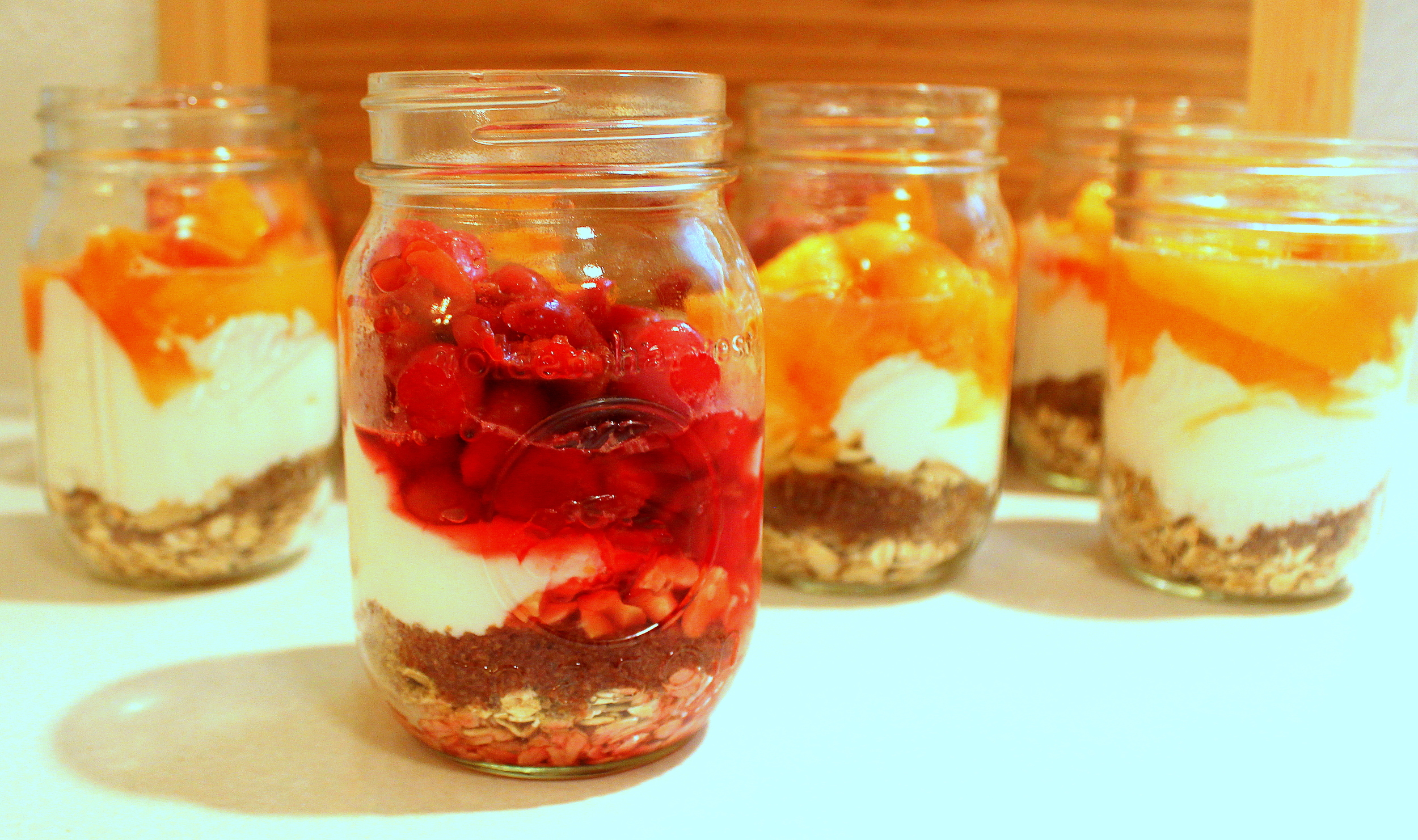
I use fruit and honey to sweeten my Overnight Oatmeal Jars – yum!
So today I’d like to talk about some of the common fears about artificial sweeteners and perhaps explain what all the confusion is about. Wish me luck.
Just Because it’s a “Chemical” Doesn’t Mean it’s Bad For You
Lately, all-things-natural have become increasingly popular. As such, anything-remotely-chemically-sounding has become very unpopular.
Here’s the thing, though – not everything that’s “natural” is good for you (poison ivy, lead, snake venom, and mistletoe, to name a few). And not all “chemicals” are bad for you – in fact, life is chemicals. Take dihydrogen monoxide, for example.
Dihydrogen monoxide has been the cause of some pretty bad stuff – it’s the primary component in acid rain, is found in polluted waterways, contributes to erosion, and inhaling even a small amount can kill an adult. It is found in both infant formula and the breast milk of women who consume dihydrogen monoxide. It is incredibly addictive; if you go without it for more than a few days, you will die.
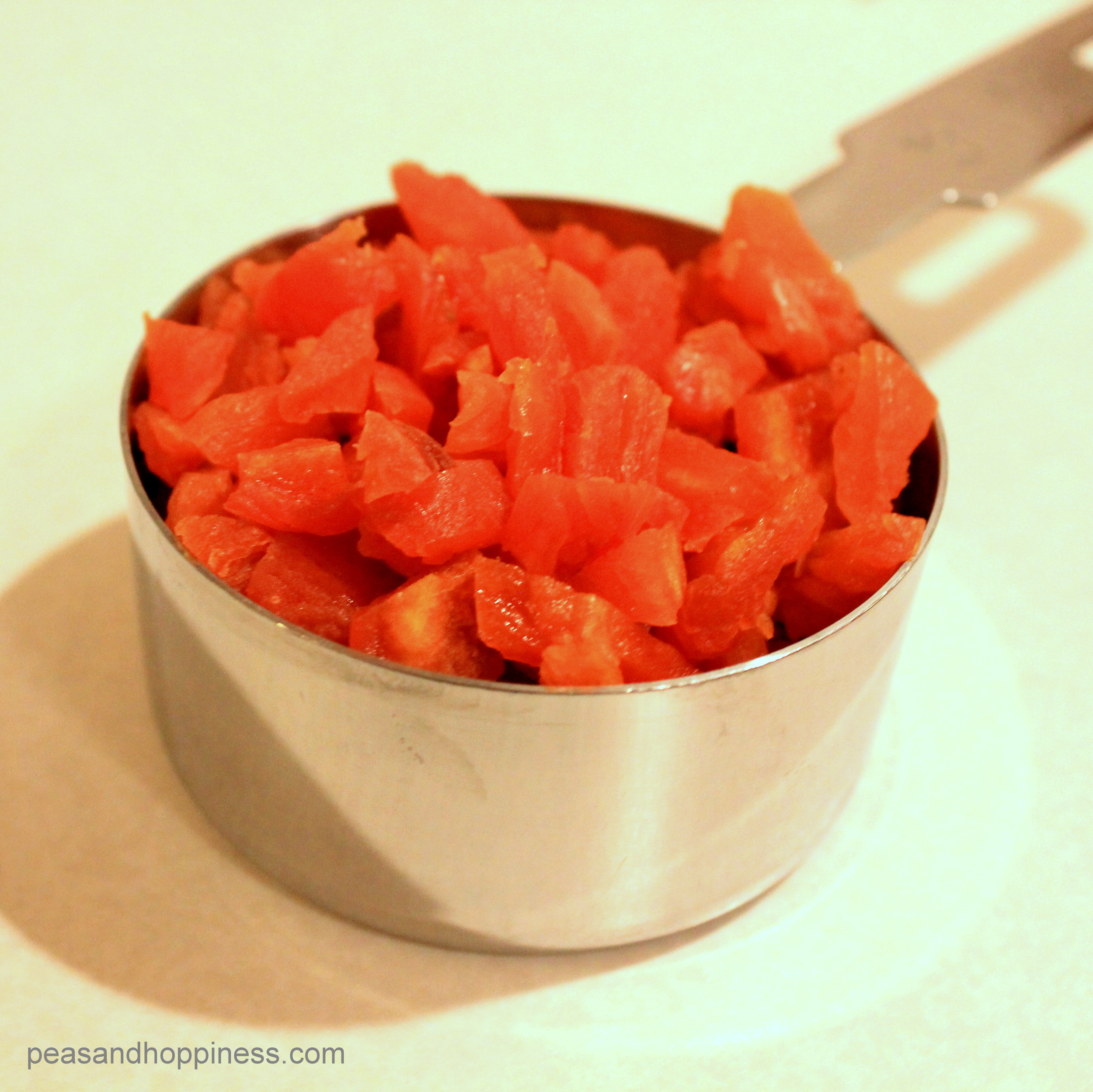
I use dried fruit and orange juice to sweeten my Nuts and Bolts Squash
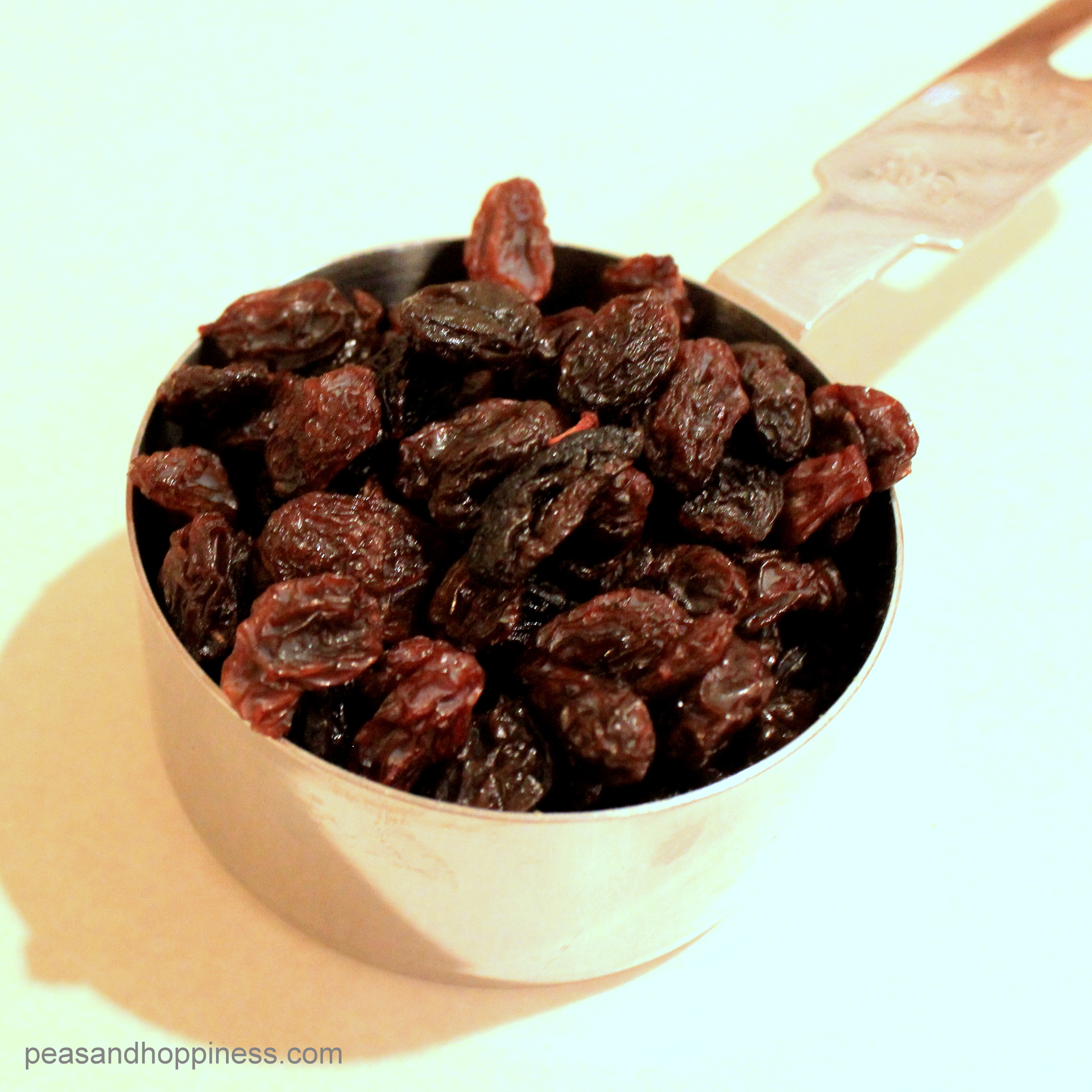
Why haven’t you heard of this substance before? I’m sure you have – you just haven’t heard of it called by its chemical formula.
The common name for dihydrogen monoxide (H2O) is water.
I’m not suggesting that its good to consume things that you don’t recognize, but often times the chemical names for common, safe products sound really scary. Here are a few more examples:
-
Ascorbic Acid: Vitamin C
-
Cyanocobalamin: Vitamin B12
-
Docosahexanoic Acid: DHA, one of the two essential metabolites of Omega-3 fatty acids
-
Xanthan gum: a common (gluten-free) thickener
The Dose Determines the Poison
There are many things in the world that in moderation are fine for you, but in excess can be toxic. Let me give you a few examples:
Alcohol: Consuming alcoholic beverages, such as red wine, in moderation (that’s no more than one drink for women and two drinks for men per day) has been strongly associated with decreased risk of cardiovascular disease. However, in excess – whether long-term (alcoholism) or acute (binge drinking), alcohol can kill you.
Water: Obviously our bodies need water. In fact, over 60% of the body is water. However, drinking too much water without sufficient electrolytes in a short period (especially in exercise) can cause a condition called hyponatremia when sodium levels drop dangerously low in the blood. This also can kill you.
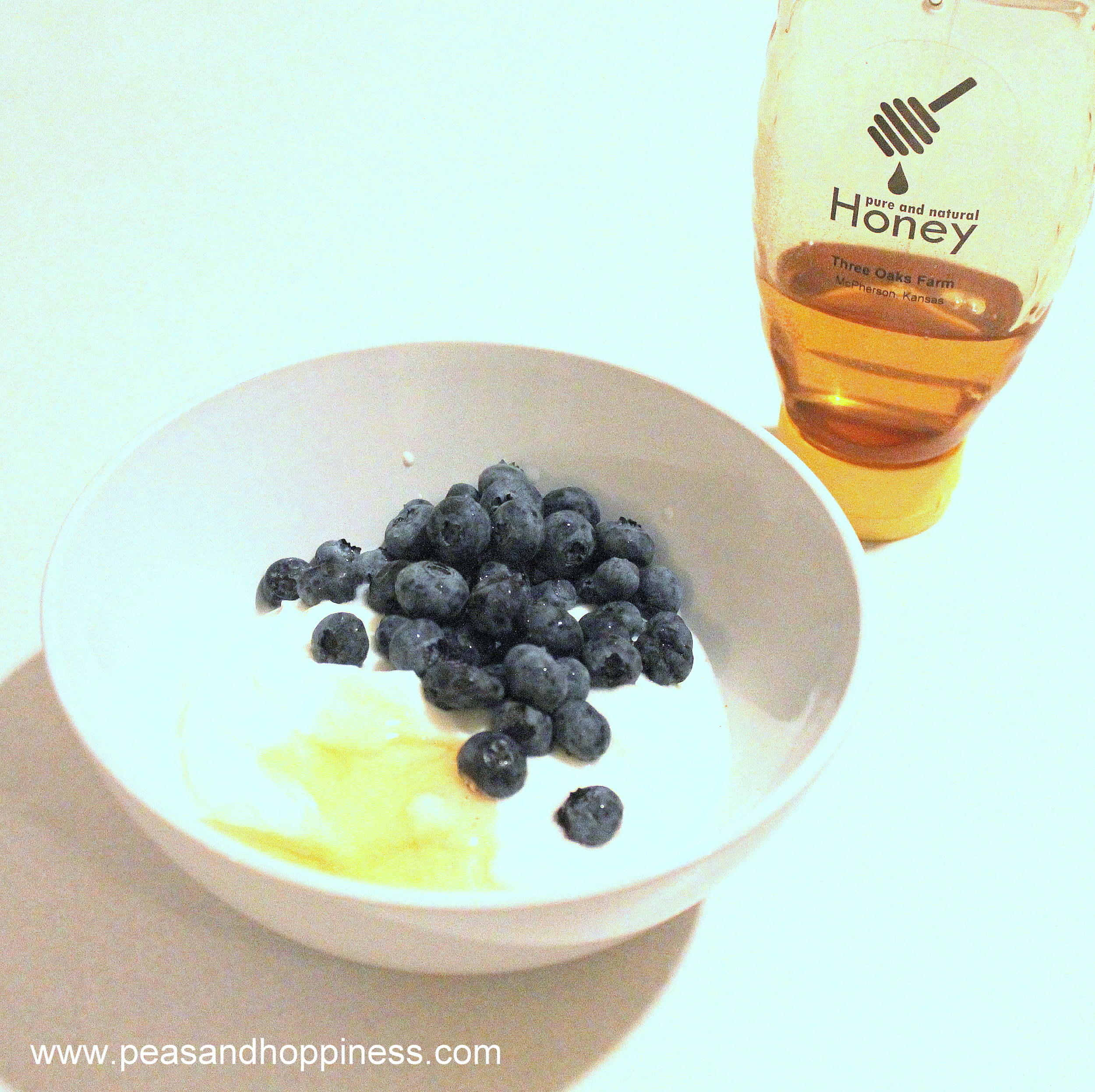
I LOVE sweetening my yogurt with my father-in-law’s raw, unfiltered honey. I’m so lucky!
My point is that we consume things that are actual poisons (alcohol) that are safe when used appropriately and in moderation because our body has the means to break them down and excrete them. There are also things we consume that our bodies need (water), but overdosing can kill us.
The same logic can be applied to both artificial sweeteners and sugar. When the quantity is small, our bodies are fully equipped to metabolize both. Artificial sweeteners are more like the alcohol analogy – they’re not doing anything good for our bodies, but as long as you consume safe amounts, the body has no problem breaking them down. Sugar is (arguably) a little more like the water analogy – yes, sugar gives us energy and our bodies can handle an almost indefinite amount. Eating too much sugar is definitely not good for you, though.
Scientific Research is often Misunderstood
Lately there have been a lot of news articles about how drinking diet sodas will make you fat. Let’s face it – it makes a great headline to make big claims about how something that is calorie-free can cause you to gain weight.
However, the news articles I’ve read have all made some common mistakes about how to read and understand research – thus, rather than help the public understand the latest scientific findings, they often just cause great confusion. Here are some of the mistakes I see most often:
Association does not mean Causation
This is a very common mistake because we are hard-wired to find patterns where no pattern exists. Just because two things happen simultaneously does not mean that one causes the other. Here are some great examples of things that happen to correlate, but actually have no relation to each other. For example, there is an association between the divorce rate in Maine and the per capita consumption of margarine – both fell at the same rate over the same period of time. Did one cause the other? The mere association between the two is not able to tell us; more research is needed to prove causation.
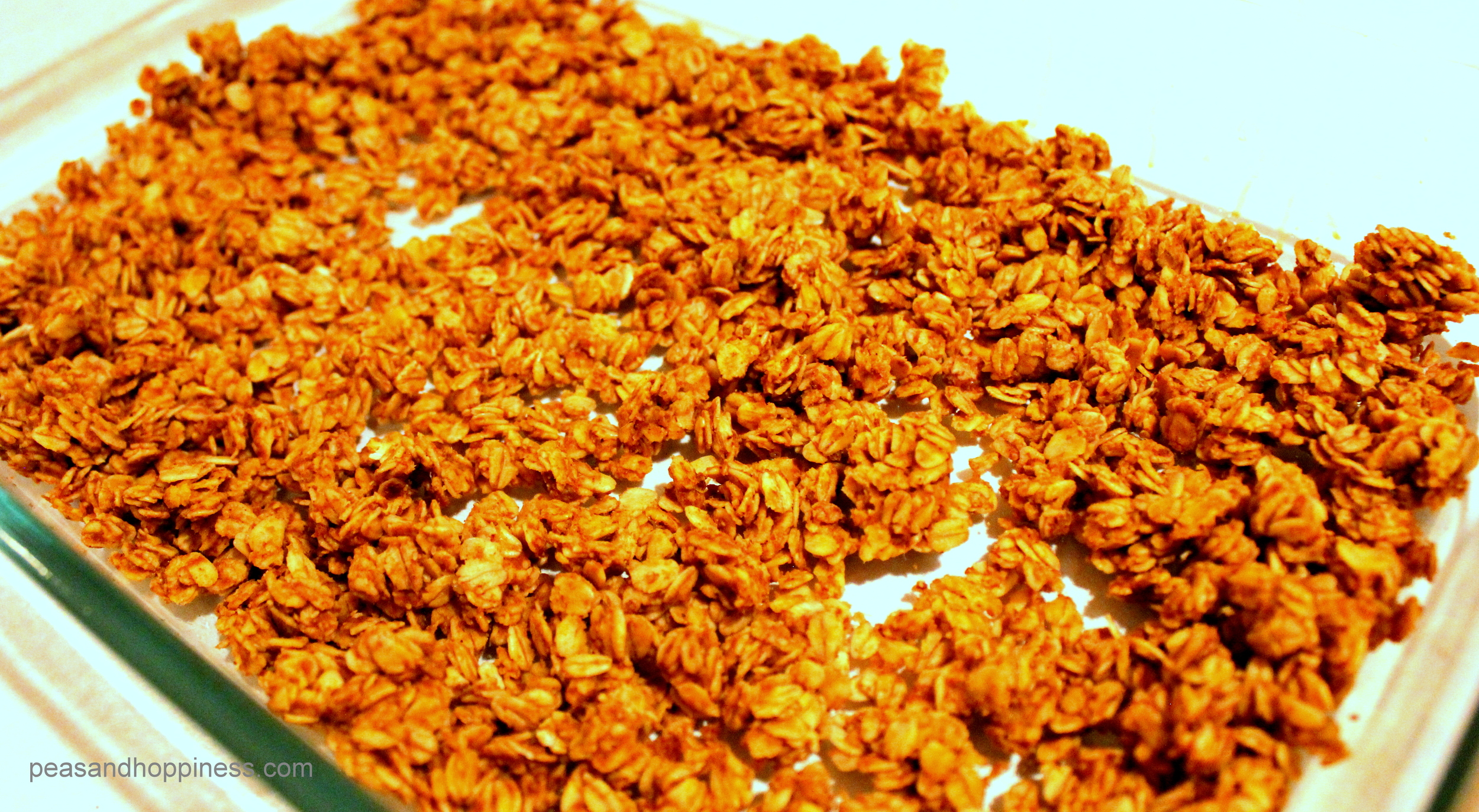
Pumpkin Spice Granola sweetened with honey
There are lots and lots of variables
Stop and think for a moment about how many things play into how much a person weighs. There are the obvious things, like what a person eats, how much he eats, when he eats, how much exercise he does, his age, and his genetics. Then there are more subtle things, such as quality of sleep, hormonal balance, food intolerances, gut health, etc. All of these things contribute in differing amounts of importance to a person’s energy balance. To take one small thing – whether it’s a specific type of food, part of the environment, or a genetic variance – and claim that it is the one and only (or even just the largest) contributor to weight is a vast (and dangerous) oversimplification.
One new finding does not debunk all known science
This is something that the media loves to do: tell people that what we’ve believed for years is wrong because of a new finding. However, this isn’t how science works. Because of all of the variables (see above), it takes a lot of time and many studies to confirm or deny whether a hypothesis is true. No credible scientist, politician, or healthcare professional would hang her hat on one new study – especially if it flies in the face of other credible research. (Read more about Why Nutrition Research Seems So Confusing in this sister post.)
A Dietitian’s View
So what’s the bottom line? Let me tell you my take on the subject.
Eat Real Food
Minimally processed food. Neither artificial sweeteners nor a bunch of sugar is good to include in your diet. Instead, if you crave something sweet, practice curbing that craving with a piece of fruit. Overstimulating your taste buds with lots of sugar or artificial sweeteners will make you less sensitive to the taste of fresh fruits and veggies. Getting rid of excess processed sweets, however, will allow you to enjoy healthy food more.
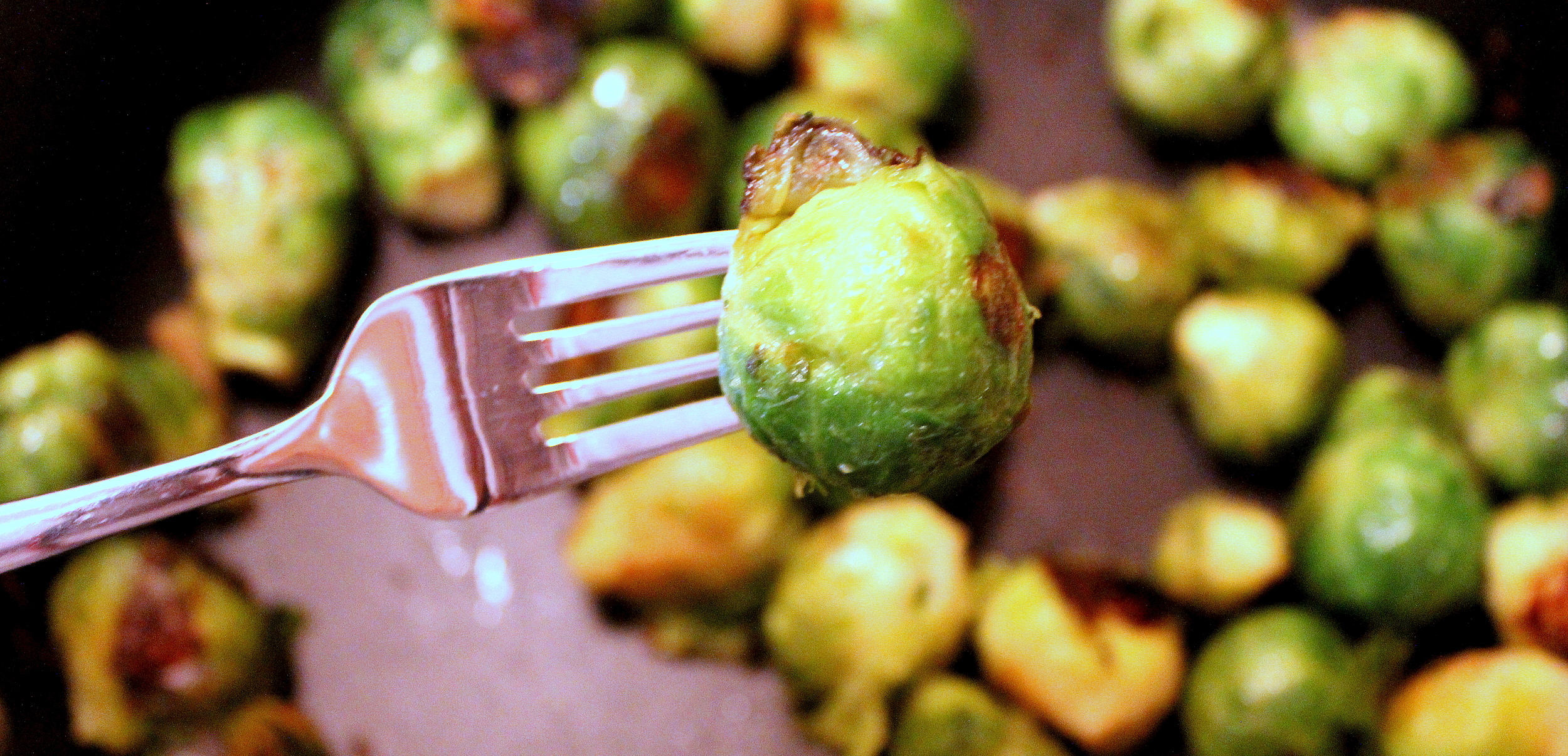
The less sugar you eat, the more your taste buds will enjoy the natural flavor of fruits and vegetables, including these delicious Sautéed Brussels Sprouts
Artificial sweeteners aren’t a health food
Trust me, there is no reason to increase your consumption of diet soda or sugar-free additives. And I’m not suggesting that you do. Water should be your main beverage and sweets (whether sugar or artificial) should be included in your diet in moderation.
Sugar is not an alternative to artificial sweeteners
If you have a personal vendetta against artificial sweeteners, take a look at the overview of artificial sweeteners that I wrote. It will explain some of the common myths about what’s on the market today. On the other hand, avoiding aspartame or saccharin as a way to justify drinking a 32-ounce cola is just not a good idea. You don’t want to consume artificial sweeteners because you’re still worried about their safety? Fine. Then drink water and include sugar in moderation.
What about me?
Do I choose artificial sweeteners or sugar? To be honest, I don’t consume many artificial sweeteners or sugar. I drink water and indulge in a few sweets (baked with various types of sugar – plain ‘ol white cane sugar, brown sugar, molasses, or honey) a week. I sweeten my oatmeal with either brown sugar or honey. I do make it a point, however, to stay far away from any sugar-containing beverages (probably as a result of talking to people with diabetes on an almost daily basis at my job as a Certified Diabetes Educator). I drink a soda a few times a year and I’ll always choose diet over regular.
Do you have more questions or thoughts to share on this subject? Please leave a comment and let’s have a conversation!
With love, from Peas and Hoppiness.